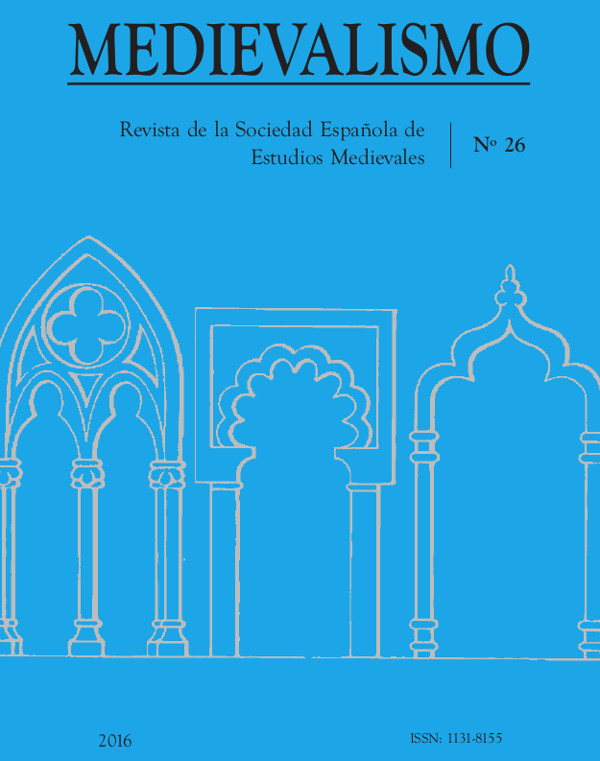Ecos de Heródoto en la toma de Mula (Murcia). Contribución a un estudio crítico de la Carta de Población
Abstract
The explanation for the origin of the name “Mula” (Spanish mule) from an etiological story about a
mule that gave birth, a miracle announcing the conquest of the city by Prince Alfonso in 1244, may
actually be considered a distant literary echo of a passage from Herodotus which relates the fall of
Babylon into the hands of the Persians, –considering that such natural wonders appear frequently
in the work of Herodotus and that of other historians from Antiquity–. The author or authors of the
so-called Mula Muncipal Charter (a literary forgery dating from the second half of the 16 th century)
may well have been familiar with Herodotus’ account through Renaissance epitomists like Johannes
Textor and Pierus Valerianus and writers as Erasmus. The use of ancient accounts is common in
modern Spanish historical and pseudo-historical literature, with its abundance of false or, at the very
least, dubious documents.
Downloads
-
Abstract410
-
PDF (Español (España))193









